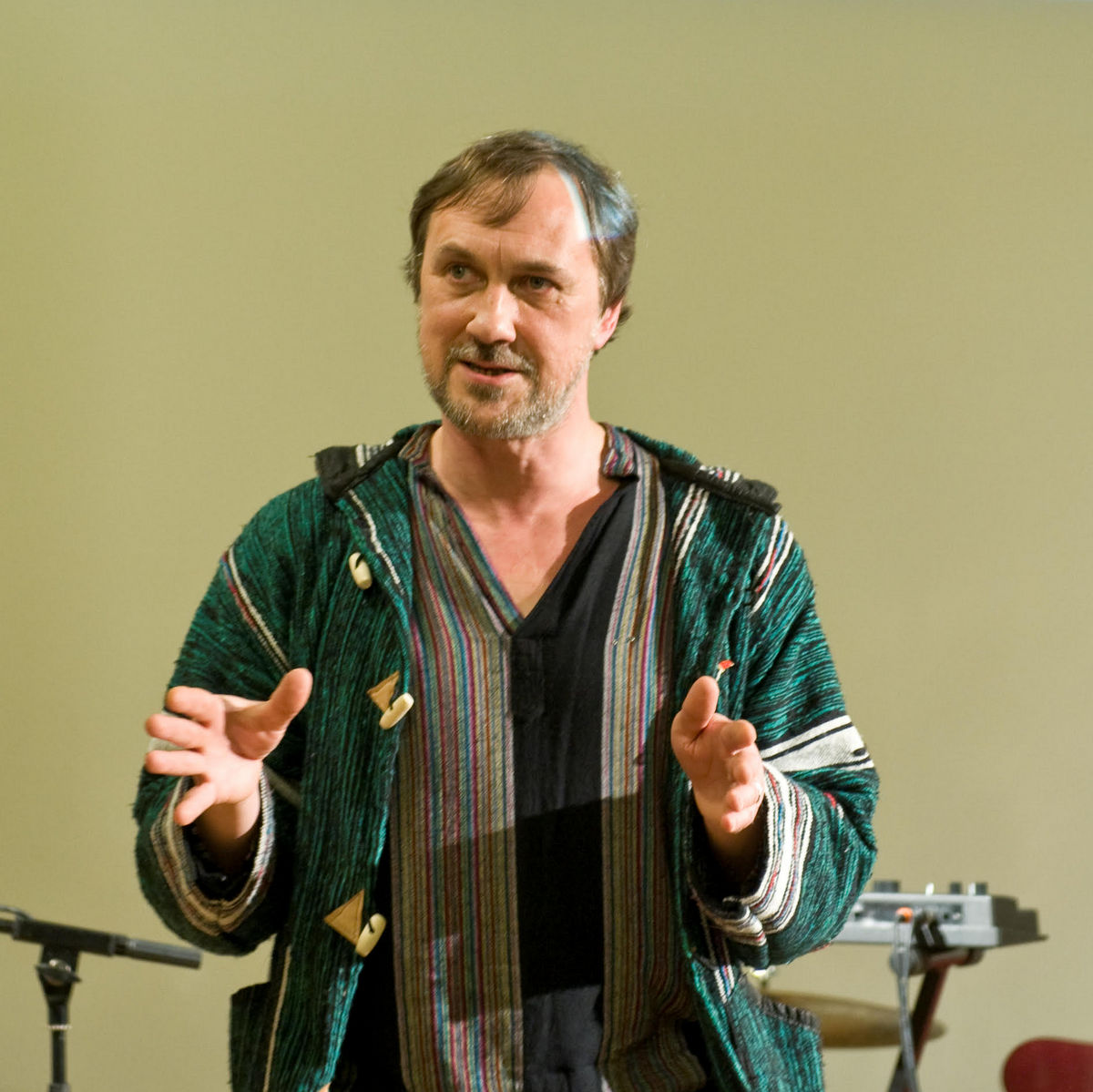Anti Saar

Anti Saar (1980) is an Estonian writer, translator and game designer. Saar’s literary debut, the book of stories Kuidas sa ära läksid ja mina maha jäin was published in 2006. Saar’s prose experiments with genres, and often takes the form of essays analysing the author’s position. Berk Vaher has described it as “postmodern writing about writing par excellence”. In 2013, after three works of prose, Saar published the children’s book Kuidas meil asjad käivad, which won the Aasta Rosin award and the children’s literature prize of the Estonian Cultural Endowment. While this is a children’s book, Saar still stretches the boundaries of literary expression in his own way – the protagonist of the book keeps addressing the reader but goes beyond describing just his surroundings and also reflects his thoughts. Not to mention subjects that some still consider unsuitable for children’s books – parental arguments, for example. Saar’s distinct sense of language and literary expression is evident not only in his writing but also his translations, which include awe-inspiring authors like Georges Perec, Gilles Deleuze and Felix Guattari.
View profileJanika Kronberg

Janika Kronberg (1963) is an Estonian literary scholar and critic. From 1989 to 1996, he was director of the Karl Ristikivi Museum and he remains chairman of the Karl Ristikivi Society. Ristikivi is also one of Kronberg’s main research subjects: in 2016, he published a book of articles Hästi valitud sõbrad. Artikleid Karl Ristikivist ja tema kirjanduslikust ümbrusest. Kronberg’s best-known work is the 2013 book Rännud kuue teejuhiga, an interesting mix of travelogue and literary history. In addition to Ristikivi, Kronberg traces the steps of Karl Ast-Rumor, Friedebert Tuglas, Eduard Vilde, Henrik Visnapuu and Ivar Grünthal. The book won the Bernard Kangro literary award. Kronberg was head of the Estonian Literary Museum in 2005-2015 and a year later he became editor-in-chief of the literary magazine Looming.
View profileLeelo Tungal

Leelo Tungal (1947) is an Estonian poet and prose writer. She made her debut in the fourth compilation of the legendary ‘cassette generation’, with her 1966 collection of poems Kummalised kiivitajad kurtsid. She has written poetry for both adults as well as children and she is certainly one of the most popular children’s authors in Estonia. Tungal’s poetry is notable for its extraordinary feel for language – no wonder Tungal is one of the few writers to win the Ferdinand Johann Wiedemann award (in 2015). Tungal has also contributed to the promotion of children’s literature by founding the magazine Hea Laps in 1994 and acting as its editor-in-chief. Many of her lyrics have been used for both choral works as well as rock songs. The memoir boom of the late 2000s gained worthy additions from Tungal with her books Seltsimees laps (2008) and Samet ja saepuru (2009).
View profile


